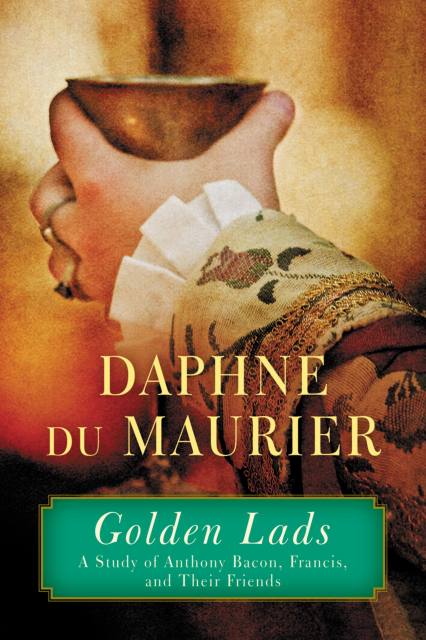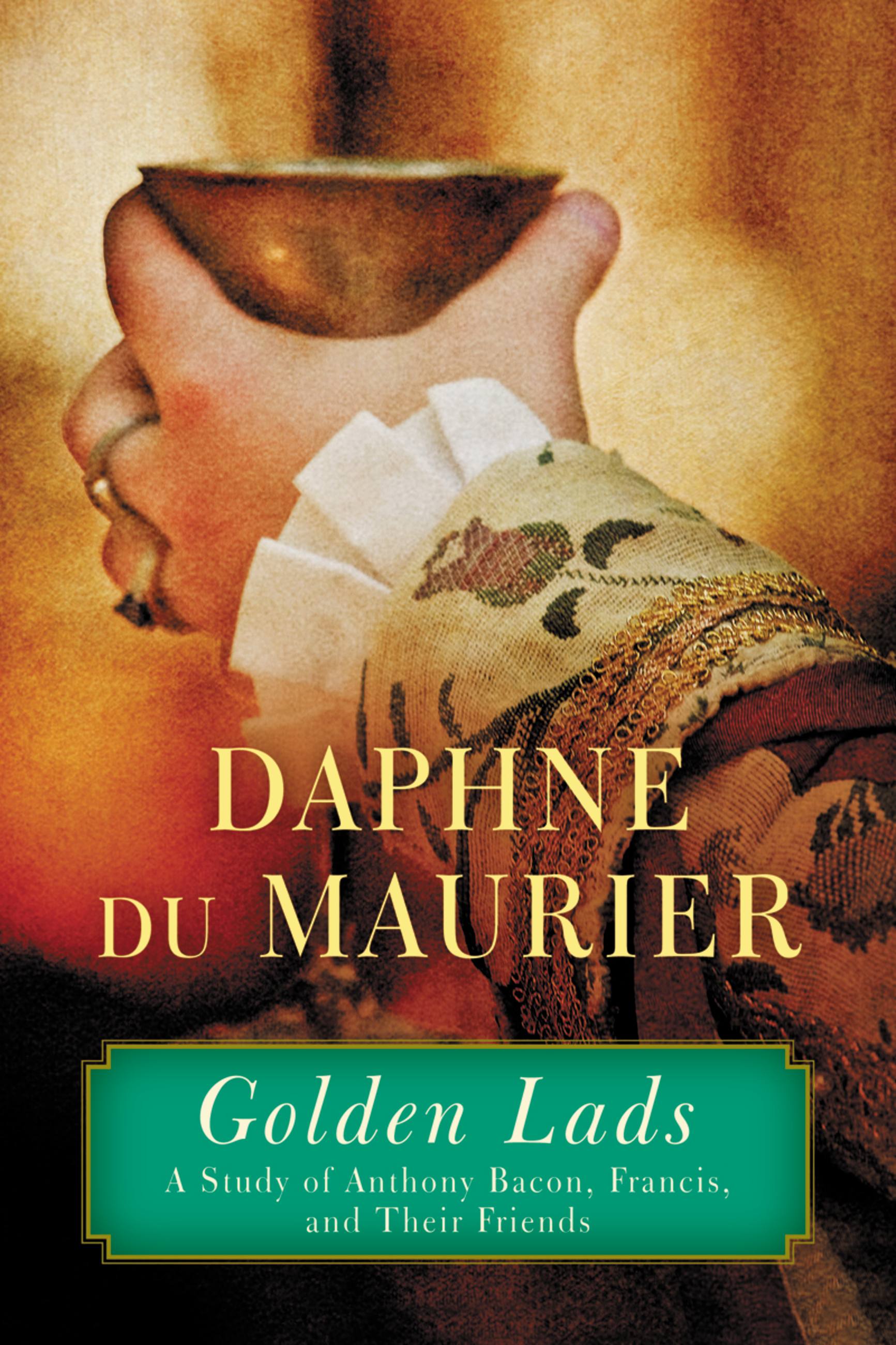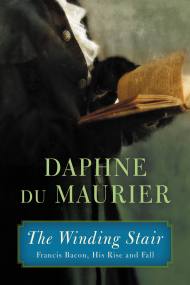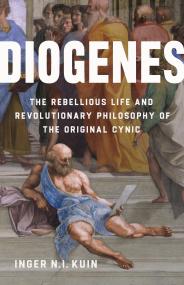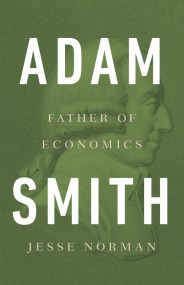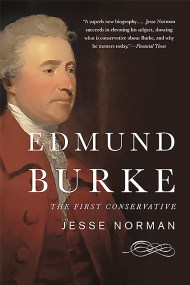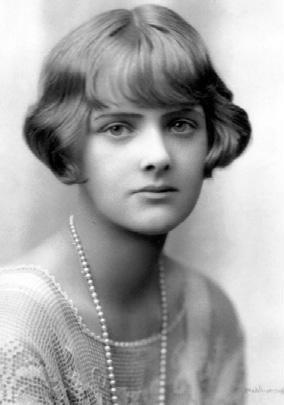By clicking “Accept,” you agree to the use of cookies and similar technologies on your device as set forth in our Cookie Policy and our Privacy Policy. Please note that certain cookies are essential for this website to function properly and do not require user consent to be deployed.
Golden Lads
Sir Francis Bacon, Anthony Bacon, and Their Friends
Contributors
Formats and Prices
- On Sale
- Dec 17, 2013
- Page Count
- 352 pages
- Publisher
- Little, Brown and Company
- ISBN-13
- 9780316253673
Price
$9.99Format
Format:
ebook (Digital original) $9.99This item is a preorder. Your payment method will be charged immediately, and the product is expected to ship on or around December 17, 2013. This date is subject to change due to shipping delays beyond our control.
Buy from Other Retailers:
Prior to the publication of Golden Lads, Anthony Bacon was viewed as a footnote in the history of his younger brother, Francis. A fascinating historical figure in his own right, Anthony Bacon was a contemporary of the brilliant band of gallants who gathered around the court of Elizabeth I, was closely connected to the Earl of Essex, and worked in France as a spy for Sir Francis Walsingham. While living in France he became acquainted with Henri IV and the essayist Michel de Montaigne, and it was there that Daphne du Maurier discovered a secret that, if disclosed during Bacon’s lifetime, could have put an end to his political career.
Du Maurier did much to uncover the truth behind matters that had long puzzled Elizabethan historians, while telling a strange and fascinating tale.
“Daphne du Maurier has no equal.”-Sunday Telegraph
Du Maurier did much to uncover the truth behind matters that had long puzzled Elizabethan historians, while telling a strange and fascinating tale.
“Daphne du Maurier has no equal.”-Sunday Telegraph
Newsletter Signup
By clicking ‘Sign Up,’ I acknowledge that I have read and agree to Hachette Book Group’s Privacy Policy and Terms of Use
